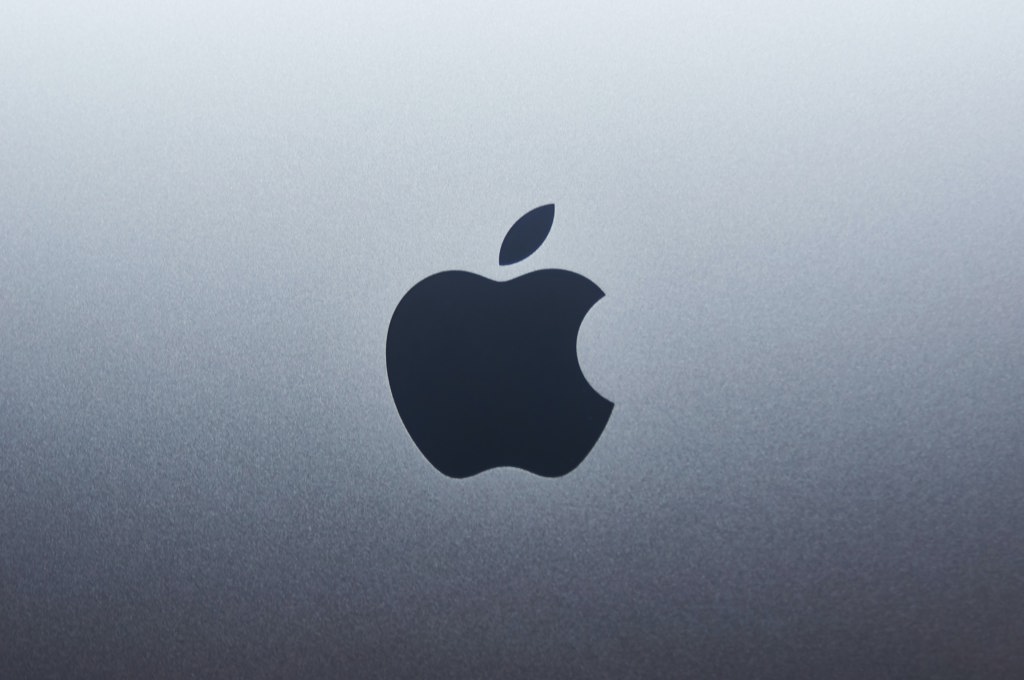There are plenty of reasons to prefer Android smartphones, but Apple’s long-term success lies in several factors that competitors have failed to replicate.
The “iPhone vs. Android” debate has plagued the tech industry for over a decade. While Android products make a compelling case through certain hardware benefits, their open source nature and affordability, Apple’s iPhone easily remains a cultural powerhouse thanks to a few features that many consumers deem even more valuable.
The iPhone’s commitment to security and privacy set a benchmark for the entire tech industry. When using an iPhone, consumers face less risk of an information breach thanks to Apple’s focus on security, a philosophy ingrained across their hardware and software.
With efficient storage encryption and the Secure Enclave built directly into their chips, Apple works to maintain their users’ sensitive information on every level of hardware. Coupled with security measures such as Touch ID and Face ID, the latter of which has less than 1 in 1,000,000 chance of erroneously allowing a stranger entry into a user’s smartphone; iPhone users can rest assured that their personal data is protected by a company that takes privacy extremely seriously.
This dedication is matched in iPhone’s software, which includes an optimized update system and unrivalled transparency and customization to suit a user’s preferred privacy settings.
Apple cemented their commitment to security when they opposed a 2016 court order to help the FBI unlock the San Bernardino shooter’s iPhone, citing a “breach of privacy” and the concern that the government may eventually demand access to public users’ information should their requests be granted. Whether this was ethical is another debate entirely, but the company’s commitment to their users’ privacy is undeniable.
While Android products typically provide more software-oriented customizations, the iPhone prides itself on its ease of use. iPhone’s user interface is simple and easy to understand, as well as carefully crafted to ensure a wide audience is able to quickly adapt to iPhone’s operating system, iOS.
The iPhone’s software design language is consistent and makes for a pleasant experience using a variety of native apps, while still providing options for those who do wish to add a personal touch without interrupting the design philosophy in the process. iOS 16 added a plethora of ways for users to customize their lock screens while remaining in-line with iPhone’s design language. The iPhone’s software also prioritizes accessibility options, easing the product’s use for a wider range of users.
Another draw is the iPhone’s seamless connection with other Apple products. Through a single iCloud account, users can easily link their other devices within the Apple ecosystem, including iPad, Apple Watch, AirPods and Mac. For example, with a linked account, photos taken on an iPhone are instantly uploaded to Apple’s online server and become viewable on the user’s other Apple products quickly and effortlessly. While the iPhone can certainly be used on its own, Apple’s fluent ecosystem allows its users to have an easy, interconnected experience across their entire digital portfolio.
This philosophy extends to connecting with others’ products. With features such as AirDrop and a dedicated FaceTime app, iPhone users can share information or create a video call without the need for codes, wires or manual setup. Systems like these encourage users to switch to iPhone so they may enjoy easier connections with iPhone-using peers.
The iPhone’s sleek and consistent hardware is another draw for potential customers. Across each new piece of hardware, Apple places an emphasis on physical beauty, and the iPhone is no exception. It’s worth noting that this beauty-first philosophy has actually proven anti-consumer in the past, such as Apple’s removal of commonly-used ports on the 2016 MacBook Pro to make the device thinner — but for many, the clean look of a brand-new iPhone remains a selling point regardless.
As many defenders of Android will tell you, the iPhone maintains its popularity due to brand recognition, and this certainly has truth to it. While many of these features are positive for Apple’s customers, the iPhone’s cultural popularity plays an undeniably major role in its continued success. But don’t be fooled into thinking that this influence is the only reason iPhone users remain so loyal to their choice of smartphone — there are a variety of factors keeping this apple from going rotten.

